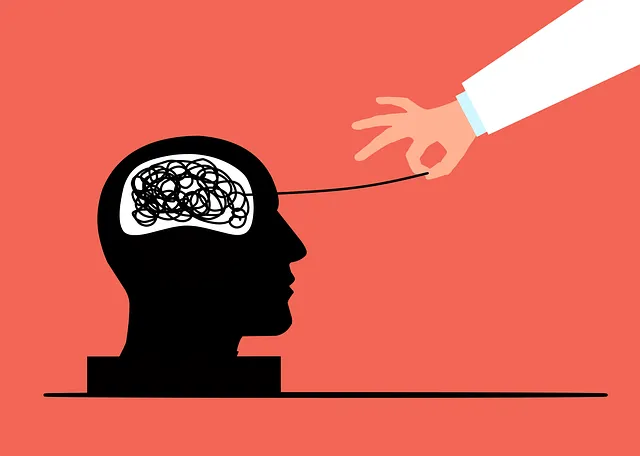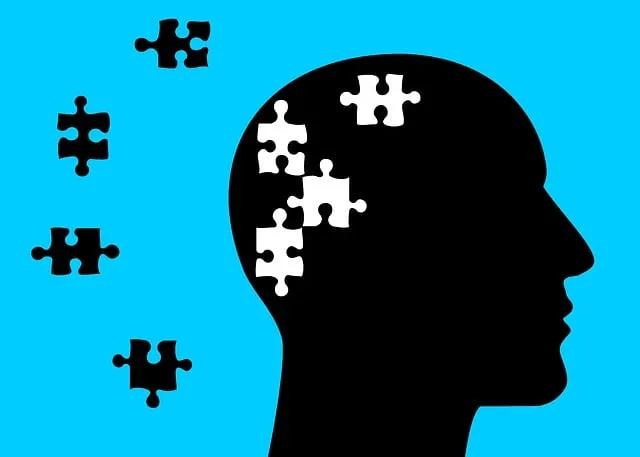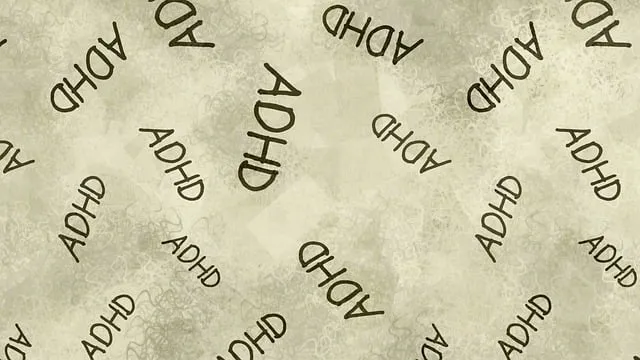Broomfield Kaiser Permanente's holistic mental health care approach includes Social Skills Training (SST), an evidence-based program that equips individuals with tools for effective communication, emotional intelligence, and connection-building. SST helps patients improve overall well-being, develop self-care routines, and promote long-term emotional health by addressing specific needs such as reducing social anxiety and improving coping mechanisms in personal, academic, and professional life. Their tailored programs combine evidence-based practices with compassionate care, empowering patients to develop self-awareness, resilience, and empathy through safe expression and connection.
Social skills training is a powerful tool in mental health care, offering support for individuals navigating various conditions. This article explores the significance of such training within the context of Broomfield Kaiser Permanente’s comprehensive mental health services. We delve into how tailored social skill development benefits patients, enhances their well-being, and improves overall functioning. By examining successful programs like those at Broomfield Kaiser Permanente, we uncover strategies that can revolutionize mental healthcare, empowering individuals to connect, heal, and thrive.
- Understanding the Importance of Social Skills Training in Mental Health Care
- Broomfield Kaiser Permanente Mental Health Services: An Overview
- Strategies and Benefits of Implementing Social Skills Training for Diverse Conditions
Understanding the Importance of Social Skills Training in Mental Health Care

Social Skills Training plays a pivotal role in the holistic care approach provided by Broomfield Kaiser Permanente mental health services. Beyond traditional therapy models, this training empowers individuals with mental health conditions to navigate social interactions more effectively. By mastering communication strategies, building emotional intelligence, and fostering meaningful connections, patients can significantly enhance their overall well-being. This proactive approach is particularly crucial in promoting self-care routine development for better mental health and supports long-term emotional well-being promotion techniques.
At Broomfield Kaiser Permanente, our dedicated professionals recognize that social skills are integral to recovery. We design tailored programs that address specific needs, ensuring individuals gain confidence in their ability to manage relationships, reduce social anxiety, and improve coping mechanisms. These interventions not only benefit patients’ mental health but also prepare them to thrive in various aspects of life, including personal, academic, and professional domains.
Broomfield Kaiser Permanente Mental Health Services: An Overview

Broomfield Kaiser Permanente Mental Health Services offers a comprehensive array of programs designed to support individuals dealing with various mental health conditions. Their approach combines evidence-based practices and compassionate care, focusing on holistic healing that addresses not just symptoms but also underlying causes. The services are tailored to meet diverse needs, encompassing individual therapy, group support sessions, and specialized programs targeting specific disorders.
One standout aspect of Broomfield Kaiser Permanente’s offering is their emphasis on empathy building strategies and fostering emotional healing processes. Through these initiatives, patients engage in activities that promote self-awareness, communication, and understanding—key elements in cultivating mental wellness. By creating a safe space for expression and connection, the services aim to empower individuals to navigate their mental health journeys with resilience and support.
Strategies and Benefits of Implementing Social Skills Training for Diverse Conditions

Social Skills Training (SST) offers a powerful approach to enhancing mental well-being and managing diverse conditions, making it an invaluable resource for Broomfield Kaiser Permanente mental health services. This evidence-based practice focuses on teaching individuals effective communication, emotional regulation, and interpersonal skills, fostering healthier social interactions. SST is not limited to one specific condition; rather, it caters to a wide range of needs, from improving symptoms of anxiety and depression to reducing social isolation and promoting better coping mechanisms.
By incorporating strategies like Compassion Cultivation Practices, participants learn to navigate relationships with empathy and self-compassion. This can be particularly beneficial for healthcare providers facing Burnout Prevention Strategies, as it encourages a more balanced and resilient approach to patient interactions. Moreover, SST aids in Mood Management by teaching individuals how to recognize and manage emotional triggers, leading to improved overall mental health and social functioning.
Social skills training plays a pivotal role in enhancing the lives of individuals with various mental health conditions. As demonstrated by Broomfield Kaiser Permanente mental health services, structured programs can significantly improve social interactions and overall well-being. By implementing evidence-based strategies, professionals can foster better communication, reduce social anxiety, and promote successful integration into communities. This holistic approach is a game-changer in mental healthcare, offering lasting benefits that cater to diverse needs.






